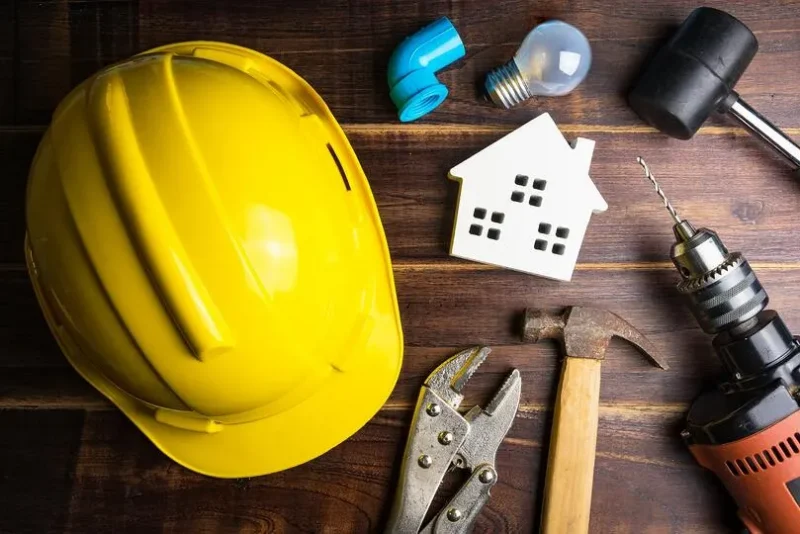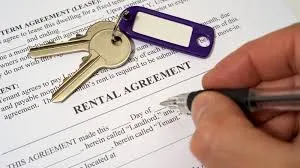
Renting a house can be hard. Whenever you rent any property, you need to be extra careful as you do not own the property. You always need to be mindful of quite a few obligations and responsibilities when renting a home. Here are some tips for all tenants when moving to a rental property.
-
Research the neighbourhood before the move
Have some places in mind? Check the neighbourhood first and make sure it is your ideal neighbourhood. Do you really want to get stuck in a bad part of town – even for a few months? Before committing to a rental, make sure to thoroughly research the neighbourhood to ensure that it is a safe and convenient place to live. Besides crime rates, it is also recommended that you look into local amenities such as restaurants, grocery stores, gas stations, public transportation options, vehicle parking rules, convenient stores and gyms. Do these options fit your needs? Are amenities located nearby?
- Inspect the property carefully

Before you sign the contract, remember to document any and all pre-existing damage to the home. For proof, take photos and submit them to the landlord. You may also want to ask your landlord for a move in/move out checklist. This list includes specific features that the landlord will examine before and after you leave in order to assess damage done to the property. It is important because it informs the landlord what (if anything) was damaged while the tenant lived in the home. It also protects the tenant from having.
-
Keep up with property maintenance
Did the toilet suddenly stop working? Is the heater making a strange noise? Whatever it is, do not wait until it is too late to have something fixed. If an item breaks or becomes damaged inside the home, contact your landlord as soon as possible. Usually, it is the landlord’s responsibility to pay for these repairs – though you may have to find and schedule the repairman to come to the property. After the item is fixed, make sure to let your landlord know.
-
Establish a good relationship with the landlord

You should aim to have a civil and respectful relationship with your landlord. Not only will this encourage communication about issues with the property such as maintenance requests and lease extension, but it will also make the landlord more willing to work with you in the future (i.e. if you need to break a lease early or need to find a subletter for a short period of time). Be kind and respectful to your landlord. Having a good relationship with your landlord can go a long way in making your rental experience a positive one. Moreover, some landlords require reference checks from your previous landlord before renting out. Maintaining a good relationship with your previous landlord can definitely help you in house hunting; meanwhile, your previous landlord can put up some good words for you too!
-
Know your rights
The landlord will most likely require you to sign a tenancy agreement whenever you rent a place. This is a contact outlining the responsibilities of both the landlord and the tenant. Before signing an agreement, review it carefully to make sure that everything within it is both legal and acceptable to you. If it is your first time to rent a place, it is important to know all of your rights and responsibilities as a tenant. Check out the B.C. Residential Tenancy Act Website; get familiar with the terms and conditions.

More quick tips can be found here: guidance and information for common topics about renting
If you need assistance in finding suitable accommodations during your time here at Create Career College (CCC) , please contact us and we will refer you to the appropriate accommodation and homestay companies.




